
Reflections on how the European Commission selectively applies the rule of law conditionality procedure and manipulates public perception in this regard.
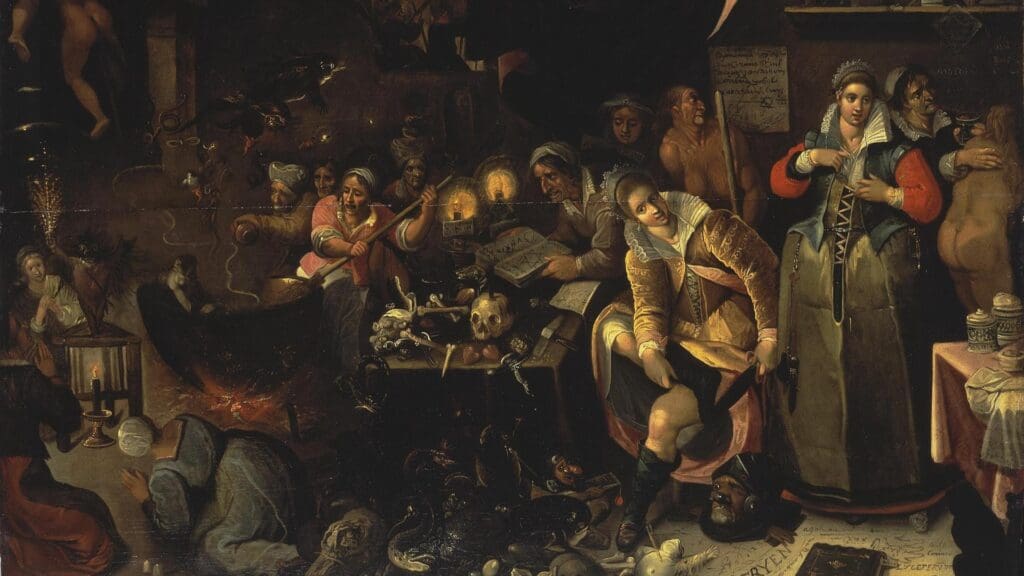
While many had hoped for a more balanced portrayal of Hungary’s legal system and reforms, the report still appears to maintain a negative image of the country.

Hungary should assert its national sovereignty and resist the imposition of global norms on aggressive sexual progressivism through UN documents, Austin Ruse, president of the Center for Family and Human Rights (C-Fam) argues.
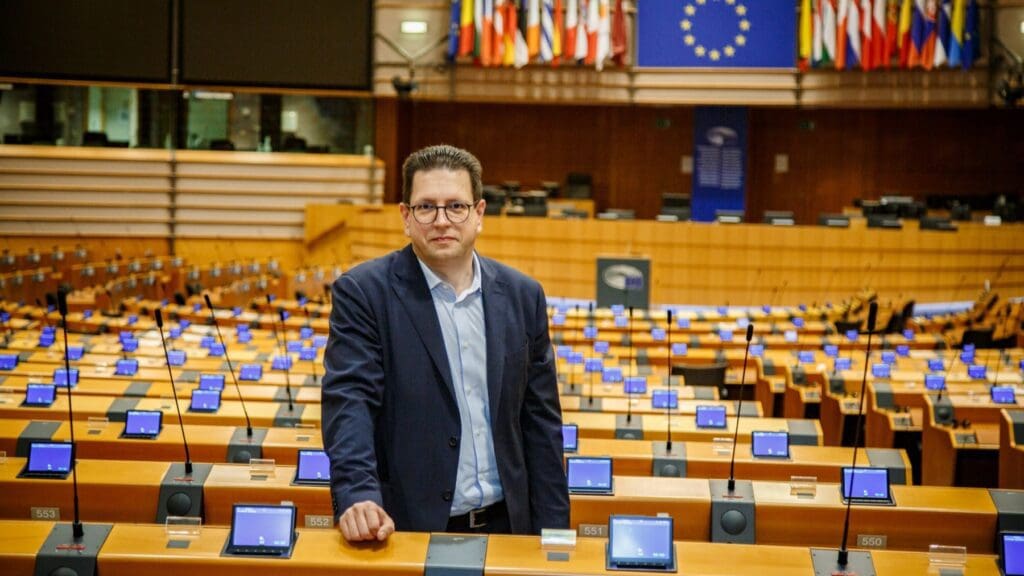
As concerns regarding Ukraine’s minority law continue to linger, FUEN President Loránt Vincze provides valuable insights into the Venice Commission’s recent findings and their implications for the fundamental rights of individuals belonging to ethnic minorities.
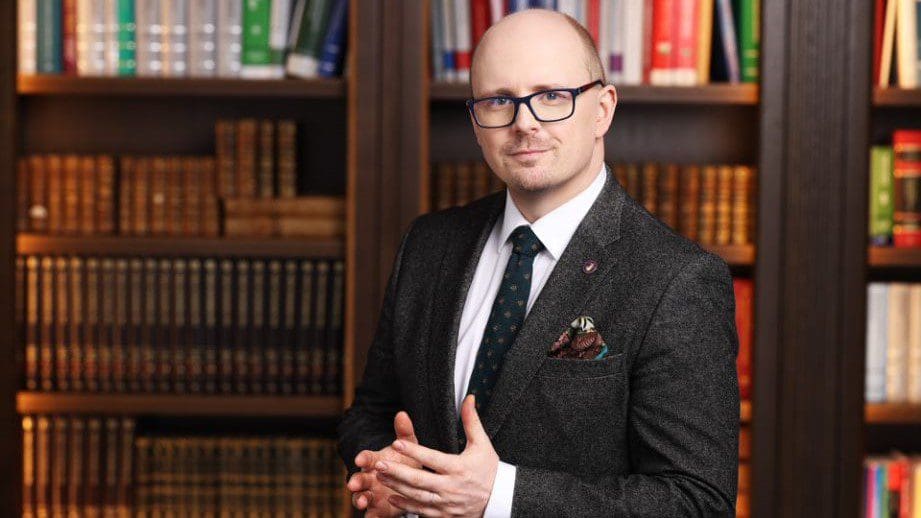
‘Although the outcome is yet unknown, I think that any kind of ascent should start with the (re)construction of the infrastructure to connect the partners. After the completion of this task, we should think about declaring, promoting and following the basic values and principles shared by the Central European countries and nations. These principles will allow us to find a common language, free from the ‘progressive’ ideologies that characterise the West now.’

Hungary and Slovakia stand together in the EU when it comes to child protection and family policy, Slovak Minister of Labour, Social Affairs and Family Milan Krajniak states. An interview on wokeism, communism and conservative family policy.

‘It is strange to see that some people in the West think that Hungary is reactionary simply because of having a sane family policy,’ Professor Daniel J. Mahoney opines. An interview about statesmanship, human nature and the pitfalls of liberal democracy.
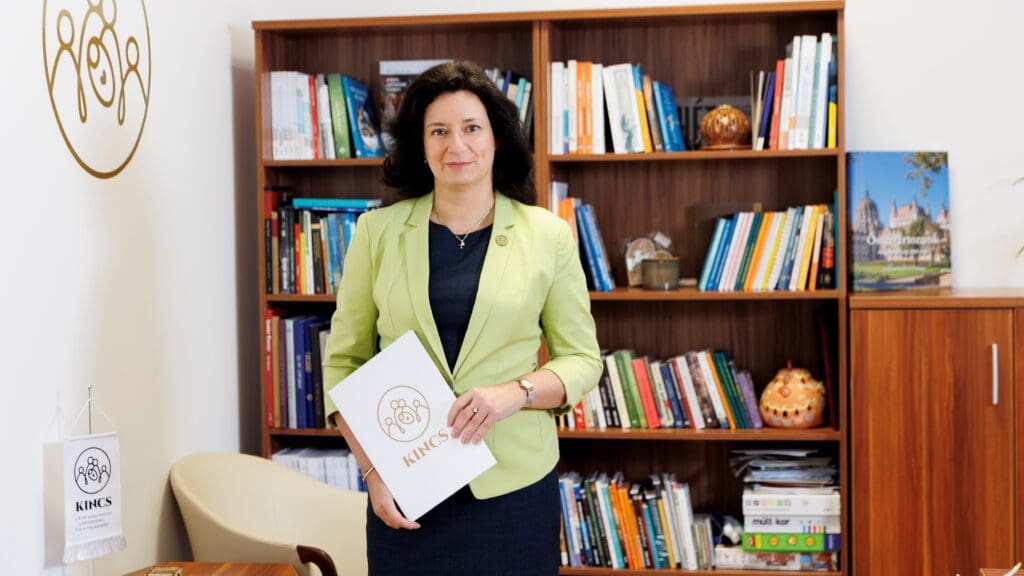
‘For us, every Hungarian child is a treasure, no matter where they are born in the world,’ Tünde Fűrész, President of The Mária Kopp Institute for Demography and Families says. An interview about a real conservative success story.

In the past decade, Hungary has been able to reach the EU average in several respects in the fields of oncology, states Prof. Csaba Polgár, Director General of the National Institute of Oncology. An interview about ‘devastating’ OECD statistics, the Hungarian cancer strategy and the suspended EU funds.

Hungary’s commitments under the new rule of law framework should serve as a model for the whole EU, states State Secretary János Bóka. An interview about the so-called rule of law debate, the growing political pressure of the European Parliament and the Hungarian Child Protection Act.
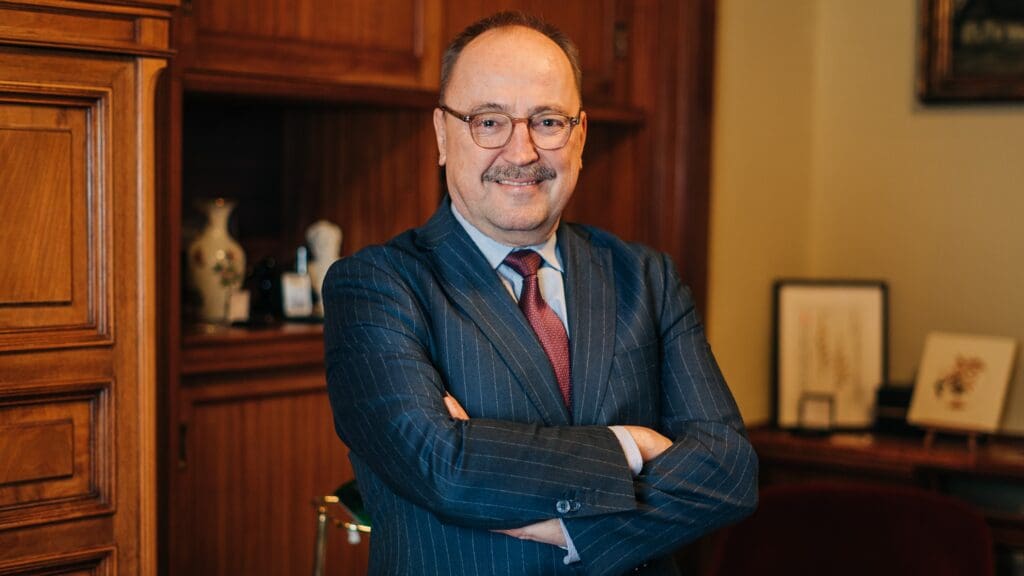
There has been no doubt from the first moment that Hungary is committed to Ukraine’s territorial integrity and sovereignty, argues Zsolt Németh, Chairman of the Foreign Affairs Committee of the Hungarian Parliament in an interview about the decades of Hungarian NATO membership, the Hungarian peace diplomacy and the prospects of the Finland & Sweden Accession.

The payment of EU funds allocated to Hungary in the 2021–2027 budget cycle was suspended in December 2022. The suspension, however, does not mean a loss of resources. In other words, the path is clear for Hungary: defying the political headwind, it can set a model for the EU as a whole, as to how its financial interests can be protected by means of the rule of law.
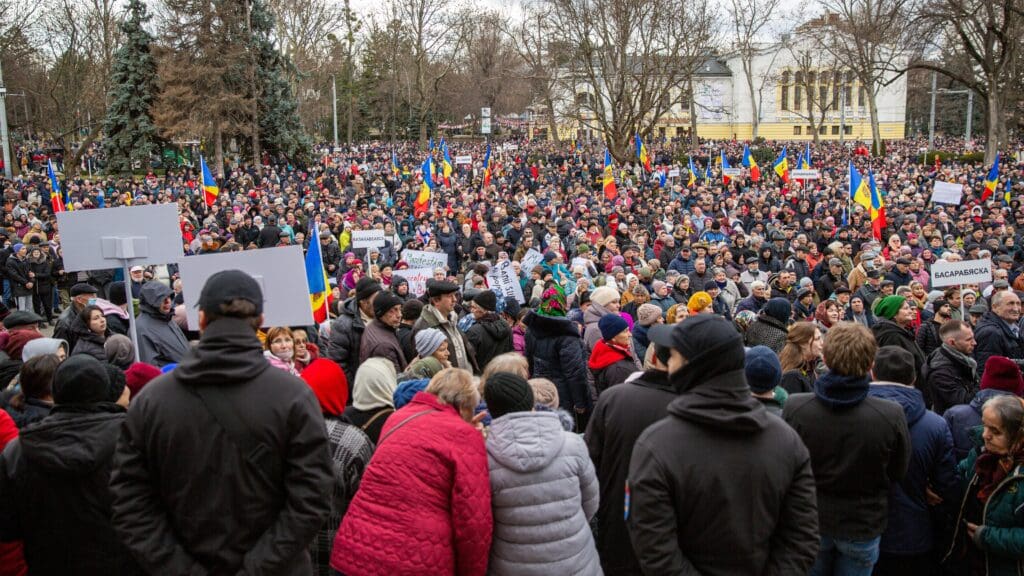
Trans-Dniester in Moldova is considered to be Russia’s next target for invasion by the intelligence communities of multiple countries. Meanwhile, there has been social unrest is the capital city of Chisinau, also suspected to be connected to the Kremlin.
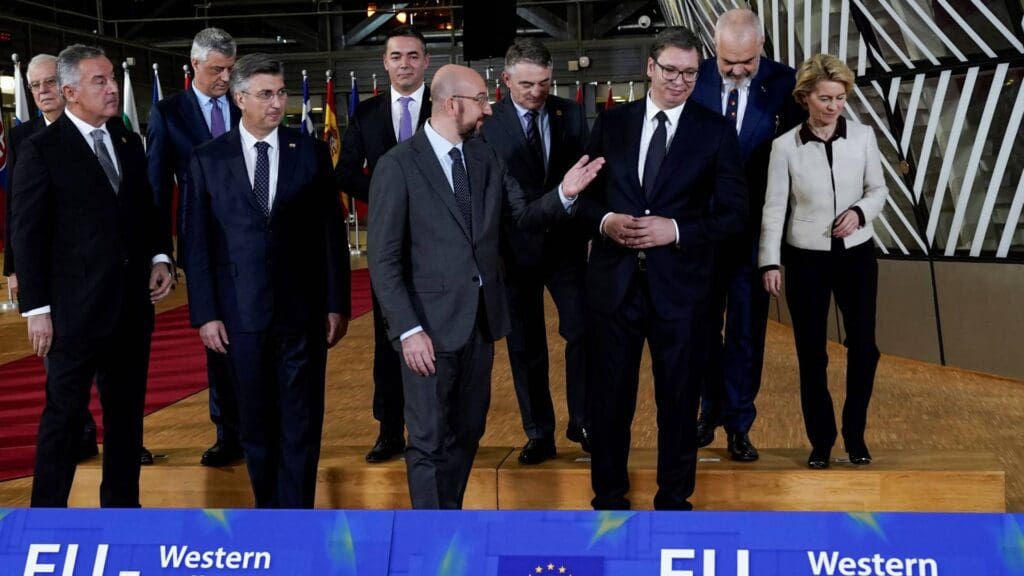
The latest developments in the dialogue between Pristina and Belgrade indicate that Belgrade may even recognise Kosovo’s statehood in order for Kosovo and Serbia to find peace alongside each other as EU member states.

‘Over the past decades, the number of fences at the EU borders has risen from 0 to 19.’

‘The European Commission is getting more political than its predecessors. In my view, this is unfortunate, given that this body is meant to be independent—the “Guardian of the Treaties”.’
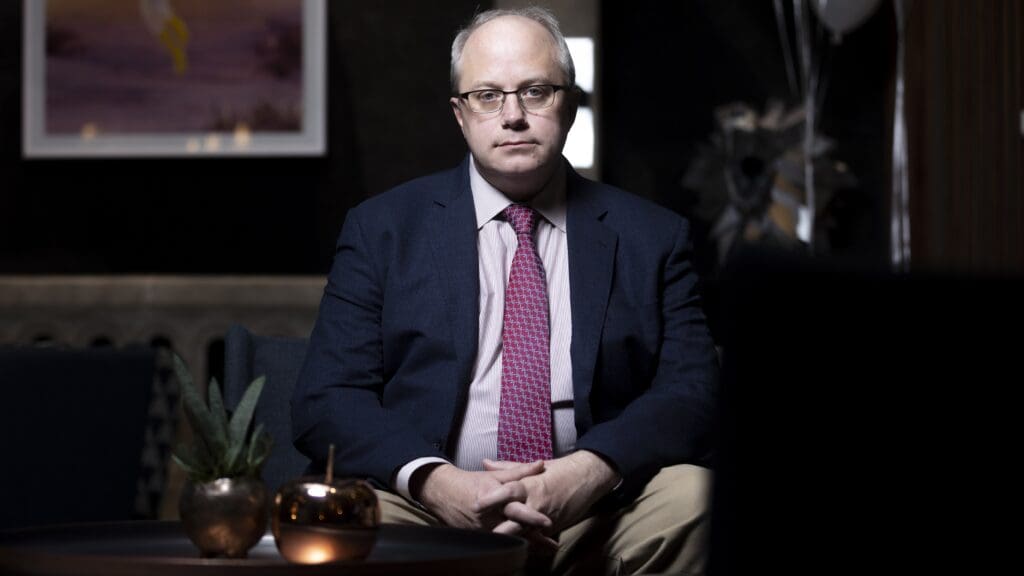
‘A major theme of the classical law is that the law should be stable over time and protect traditional expectations about how human life is arranged and how society is conducted. Liberalism by contrast is a doctrine of perpetual disruption and instability, constantly trying to find new frontiers by which traditional societies, and traditional morality can be disrupted.’

The Maastricht Treaty is undoubtedly one of the most important achievements of European integration. Precisely for this reason it is painful that the principle of subsidiarity, as one of the most important aspects of the instrument, is one of the least respected of all EU values.
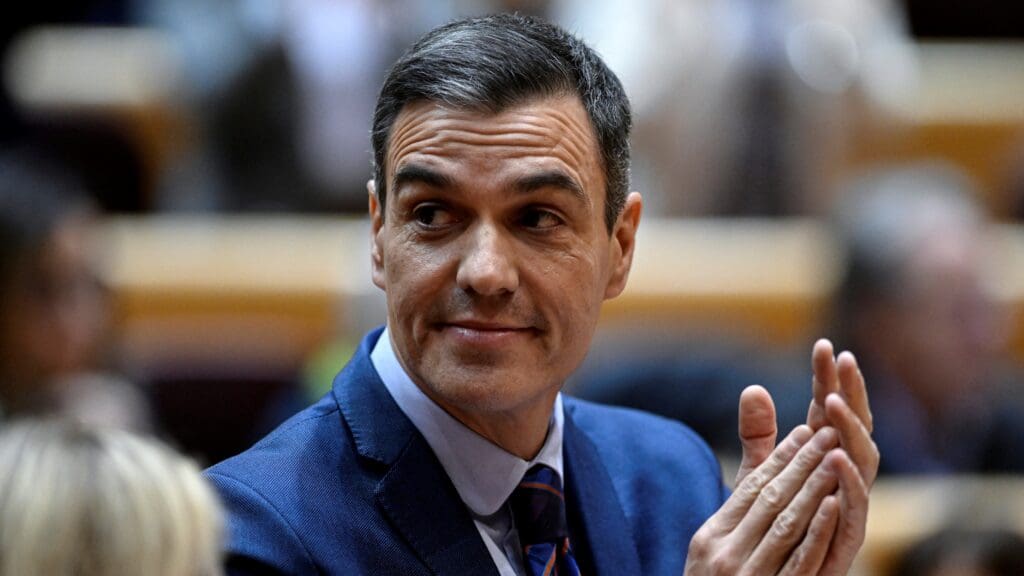
While Europe was busy disciplining Hungary and Poland, the far-left Socialist government of Spain, preparing for re-election, surreptitiously smuggled its politicians into the Constitutional Court.

PiS General Secretary Krzysztof Sobolewski warned that if ‘the Commission tries to push us against the wall…we have no choice but to pull out all the weapons in our arsenal and respond…eye for an eye’, including by wielding the right to veto EU policies.